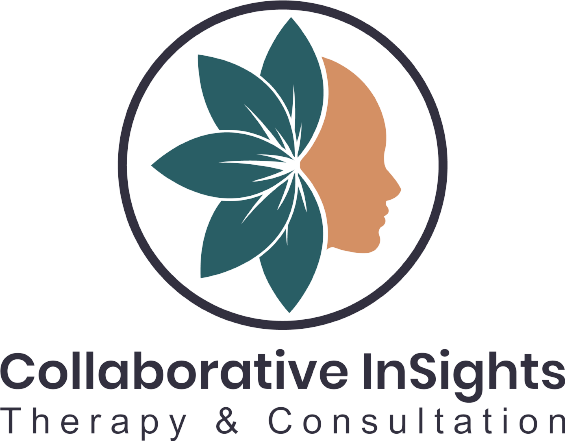Adding yoga to a therapy session can be a great complement to healing work. We store a lot of emotions in our bodies and yoga can help move and release physical energy as you do the cognitive work in therapy. Yoga is a valuable add-on to traditional talk therapy and can help amplify the benefits of your sessions.
As a therapist and yoga teacher, I acknowledge the privilege I have to share the teachings of yoga. I appreciate and honor the origins of Yoga from India.
1. To clear and center your energy at the beginning of a session
You want to make the most of your time in therapy. It is the one hour in a week that you get to focus on yourself. When you join for your therapy session, chances are you have a lot on your mind. You were likely working on something beforehand and now need to switch gears to get into a more vulnerable space. By starting the session with some mindful movements and breathing exercises, we send a signal to your body and your mind that it is safe to be as open as you are ready to be.
2. Learn to feel at home in your body when discussing something difficult
Healing can be messy. In therapy, you may choose to share some very personal memories, traumas, or deeply held beliefs about yourself. Keep in mind that we will never push you to address something that you’re not ready to explore. That being said, if and when you are comfortable doing so, yoga is a tool we can use in sessions to dive deeper. When discussing something difficult, it is natural to feel triggered. In this instance, practicing yoga can help you to get in touch with your body and breath. From a more centered place, we can guide the therapy session in the direction that will be most helpful to you in that particular moment.
3. To add a wellness tool to your coping skills
Like any habit, the more you practice, the more natural it becomes. Any tools used during a therapy session can also help you to manage symptoms in your day-to-day life. Yoga is one of those tools. During a session, we can identify helpful yoga poses and breathwork to practice throughout your week. Practicing yoga can help you to feel present and safe within your body, no matter what you are going through.
4. To ground your energy at the end of a session
After any therapy session, I often advise clients to recognize that what they just unpacked was heavy. The energy may not lighten up the moment the session ends. Therefore, yoga and meditation can be used at the end of a session to bring closure and ground your energy before you return to go about the rest of your day and week.
Are you interested in learning more about incorporating yoga in your therapeutic work? Contact me at annamarchese@collabintherapy.com for a 15-minute consultation.
Written by Anna Marchese, MSW, LCSW, Mental Health Therapist, Reiki Master & Yoga Instructor at Collaborative InSights, LLC.


